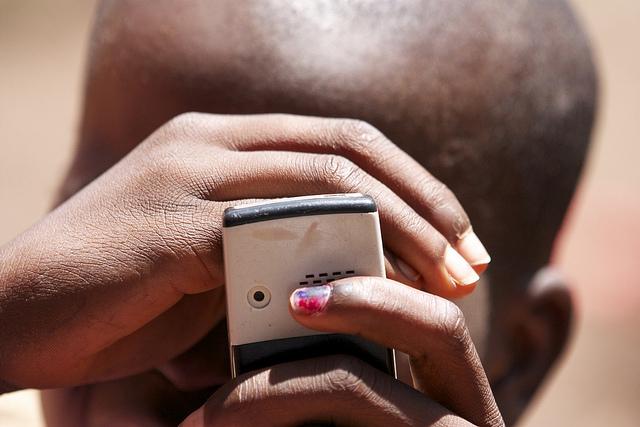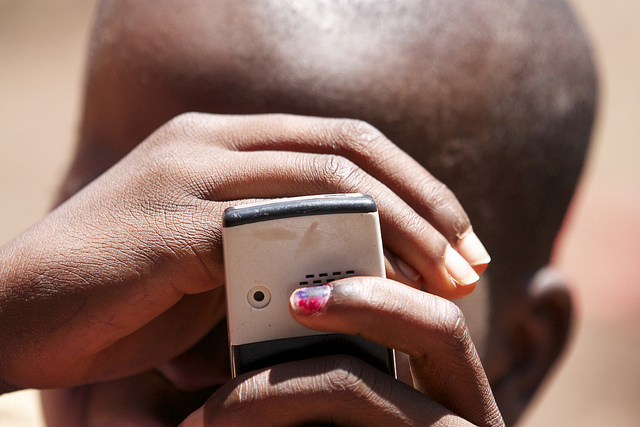Charities and NGOs are increasingly turning to different technologies to solve problems in developing countries. With an emphasis on open source technology, issues associated with access to energy, lighting, the Internet and information technology are becoming more accessible regardless of income or nationality. UNICEF is among the many organizations bringing the next generation of technology to poor regions of the world in an attempt to close the gap in global living standards.
Bringing Technology to the Developing World
Technology startups are in the spotlight following UNICEF’s announcement of a new funding program targeting humanitarian issues in the developing world.
UNICEF developed the Innovation Fund with a particular focus on children in the developing world. The fund has raised $9 million so far, and aims to assist innovators around the world in progressing their initiatives with financial aid.
UNICEF Innovation Co-Lead, Christopher Fabian, said “the purpose of the UNICEF Innovation Fund is to invest in open source technologies for children”.
“We’ll be identifying opportunities from countries around the world including some that may not see a lot of capital investment in technology start-ups. We are hoping to identify communities of problem-solvers and help them develop simple solution to some of the most pressing problems facing children,” said Fabian.
The criteria for start-ups to gain funding from the UNICEF Innovation Fund is to be open source and have a working prototype. The fund expects to see a wide range of technologies emerge as a result of the fund, including “3-D printed products, wearable and sensor based technology, artificial intelligence and renewable energy” said Fabian. Renewable energy in particular is becoming one of the largest spaces for technology innovation in developing nations.
The standards are high for the potential beneficiaries of the fund. Not only do actual prototypes need to meet strict criteria, but applications will be chosen based on team strength, relevance to children in developing communities, and a clear future value in terms adaptability and product evolution.
Technology and the Next Generation
UNICEF is not the first to acknowledge the potential of new and emerging technologies to dramatically improve the lives of people in the developing world.
A huge trend focusing on the potential of Millennials has been seen for years, and now the next wave of tech-savvy youngsters – Generation Z – are taking the limelight as the new kids on the block.
Understanding the mentality, tendencies and behavior of the next generation is the most important way to predict what trends will succeed now and even more down the track. Combining this with the younger generation’s high value for climate action, ethics and sustainable practices is proving to be a successful way to approach issues like poverty and climate action.
Generation Z will be the first to have experienced ubiquitous technology from the day they were born, and the financial influence of their behavioural tendencies can’t be ignored.
As UNICEF and other organizations are evidently acknowledging, technology is going to be more a part of the lives of Gen Z than any generation in the past. And what better way to use such a trend than to improve the lives of those in developing nations.
Photo courtesy of UNICEF Guinea{.owner-name.truncate}



